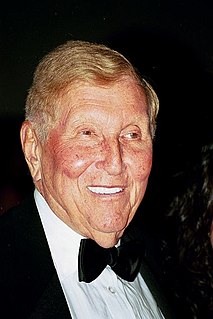A Quote by Kenneth Fisher
I can find only one bull market, in 1935, that didn't have some material indigestion within its first 12 months.
Related Quotes
Fundamentals might be good for the first third or first 50 or 60 percent of a move, but the last third of a great bull market is typically a blow-off, whereas the mania runs wild and prices go parabolic... There is no training, classroom or otherwise, that can prepare for trading the last third of a move, whether it's the end of a bull market or the end of a bear market.
One of the frustrating things for people who miss the first rally in a bull market is that they wait for the big correction and it never comes. The market just keeps climbing and climbing. It feeds on itself in frenzied fashion and propels prices considerably higher for six months or so, and sometimes longer.
As a bull market turns into a bear market, the new pros turn into optimists, hoping and praying the bear market will become a bull and save them. But as the market remains bearish, the optimists become pessimists, quit the profession, and return to their day jobs. This is when the real professional investors re-enter the market.
Disregarding the big swing and trying to jump in and out was fatal to me. Nobody can catch all the fluctuations. In a bull market your game is to buy and hold until you believe that the bull market is near its end. To do this you must study general conditions and not tips or special factors affecting individual stocks.
Too many people are apt to redeem their profits too quickly. In a huge bull market they wind up with piddling profits, only to watch their former holdings soar. That usually prompts them into making mistakes later when, believing that the market owes them some money, they buy at the wrong time at much higher levels.
I helped start a ceramics company called CPS Technologies. We took it public in 1987 at $12 a share. Three months later, there was this horrible cliff: Black Monday. Fidelity had bought 15 percent of our stock, and their algorithm caused them to dump it all onto the market that day. We dropped from $12 to $2.

































